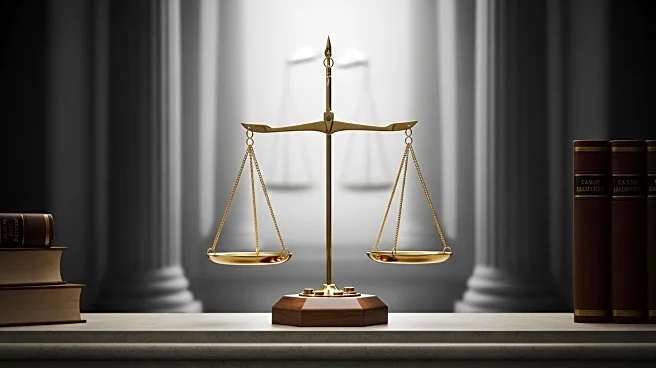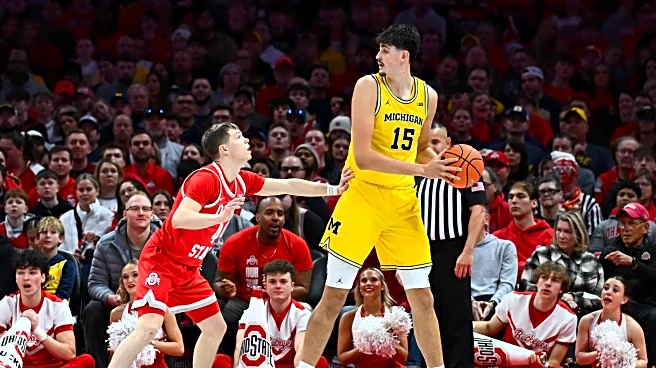What's Happening?
Federal judges have expressed dissatisfaction with the Supreme Court's use of the shadow docket, which involves issuing decisions without full briefing or oral arguments. These decisions often overturn lower court rulings related to the Trump administration, leading to concerns about bias and undermining the judiciary's credibility. The lack of explanation in these reversals has fueled criticism and sometimes violent attacks against judges. The Chief Justice's approach to handling these critiques has not been well-received, as judges seek more transparency and accountability in Supreme Court rulings.
Why It's Important?
The shadow docket's impact on the judiciary is significant, as it challenges the traditional processes of judicial review and decision-making. The practice of issuing unexplained reversals can erode trust in the judicial system and create a perception of bias, particularly in politically sensitive cases. This situation highlights the need for the Supreme Court to provide clearer guidance and reasoning in its decisions to support lower courts and maintain public confidence in the judiciary. The criticism from federal judges underscores the importance of transparency and accountability in upholding the rule of law.
What's Next?
The ongoing debate over the shadow docket may lead to calls for reform within the Supreme Court to ensure more detailed explanations in emergency rulings. Judges may advocate for changes in judicial processes to enhance transparency and support lower courts in handling complex cases. Additionally, the judiciary may explore measures to protect judges from political pressure and threats, ensuring that they can perform their duties without fear of retribution.











